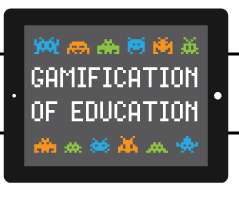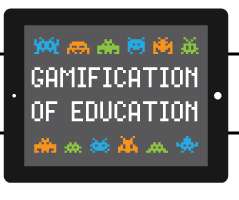Ed Tech Vocab: Keeping Up with Trends in Education
eSpark
APRIL 7, 2022
Flipped classroom is a teaching model in which the traditional classroom and at-home components of a class are switched. Digital citizenship refers to appropriate and responsible use of technology. These include awareness of what you post on social media, proper digital etiquette, and the need for digital security.
















Let's personalize your content